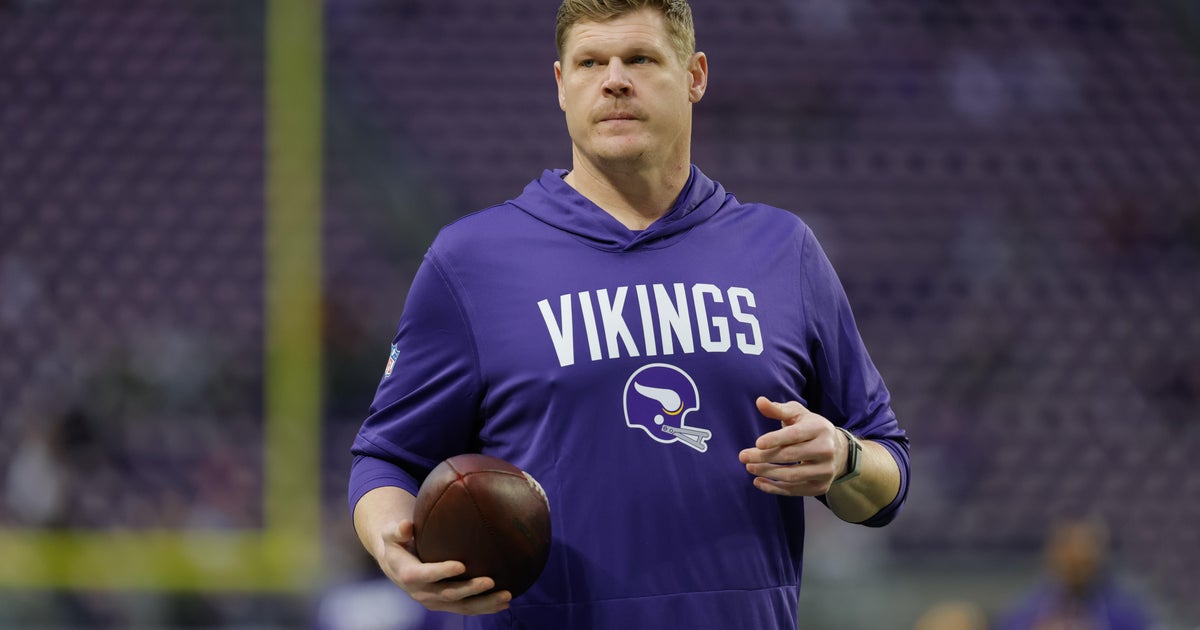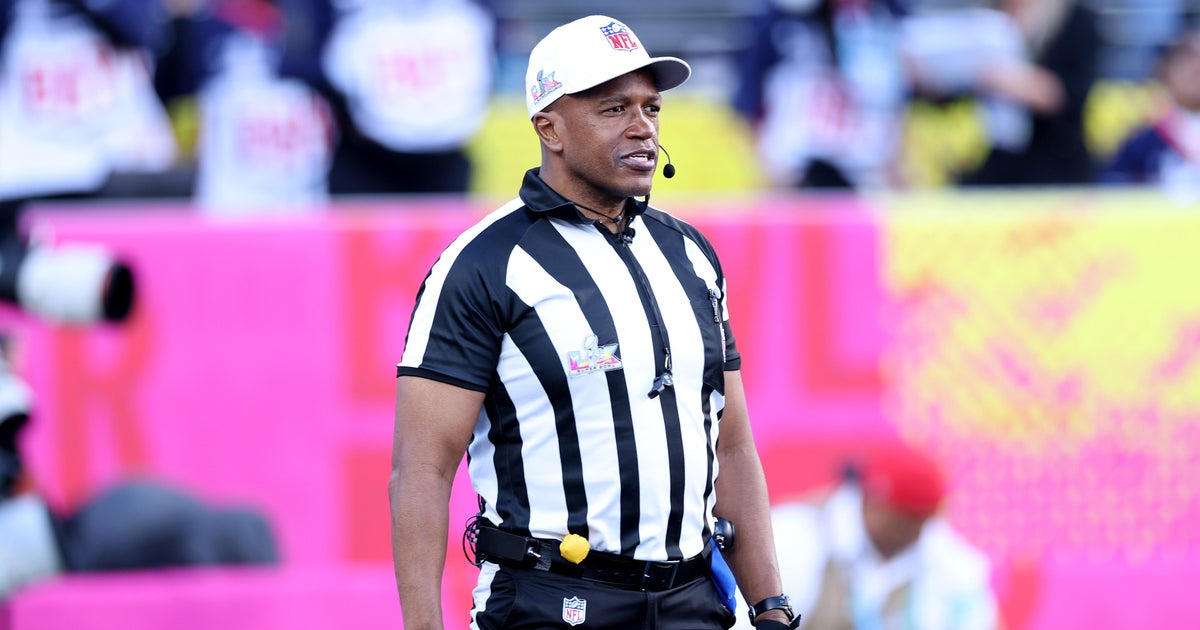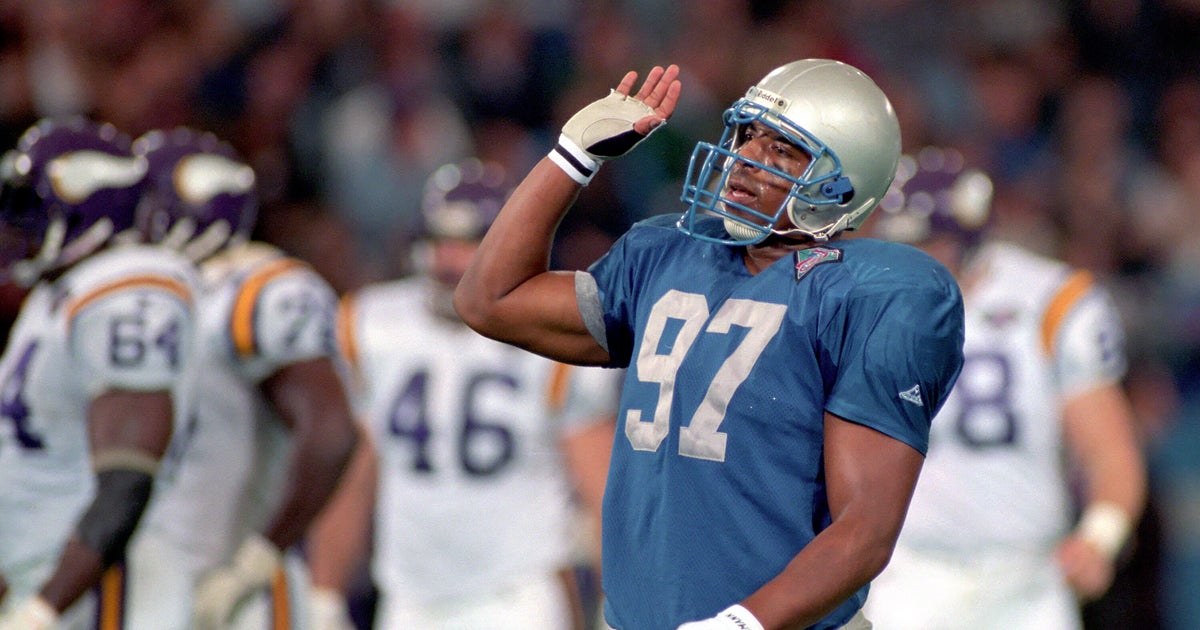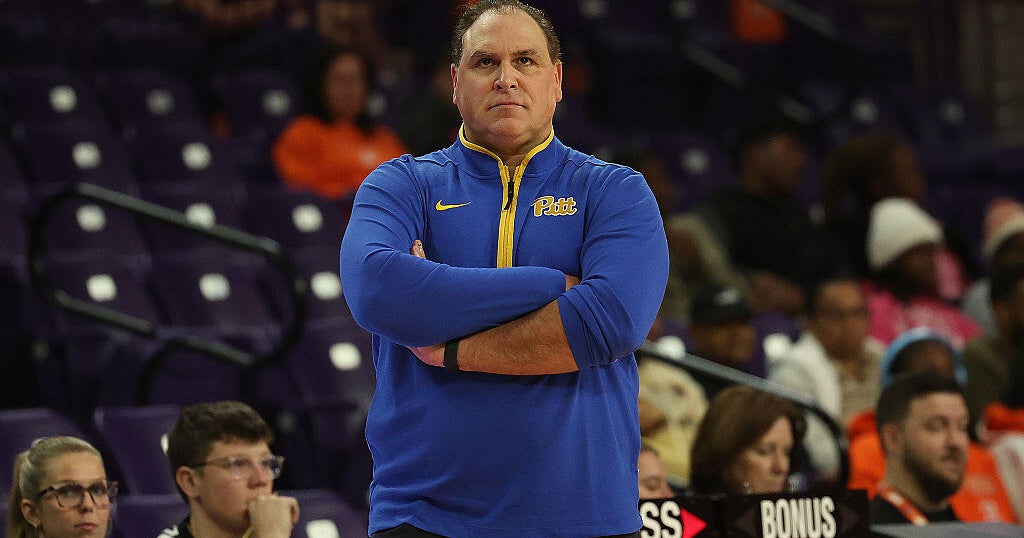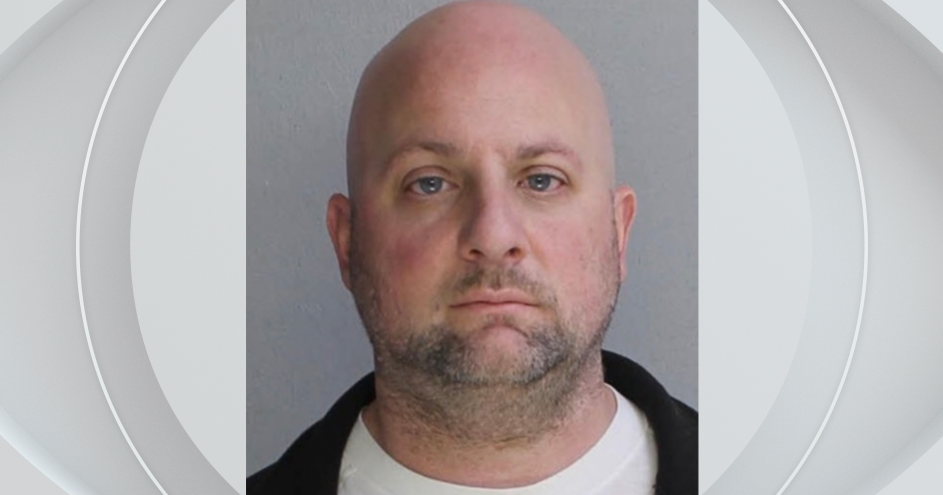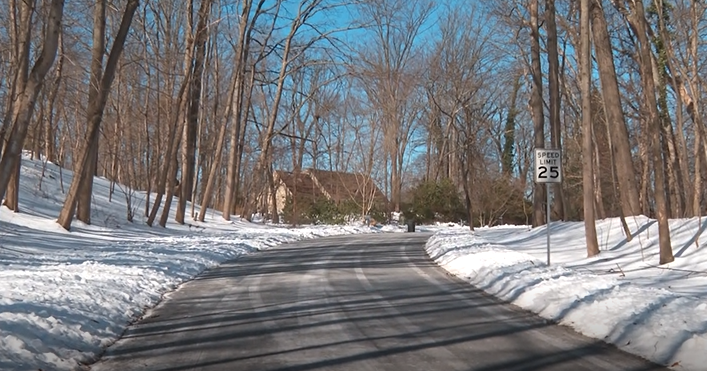Report: Reid Out As Eagles Head Coach
By Joseph Santoliquito
PHILADELPHIA (CBS) — He's the only coach a generation of Eagles' fans have ever known. And now Andy Reid is gone, according to multiple sources, including 94WIP's Howard Eskin.
Eskin reports that Reid was informed on Friday that Sunday would be his last day as head coach of the Philadelphia Eagles.
What was probably known since October, Eagles owner Jeffrey Lurie is expected to make official on Monday, when he'll announce the "Eagles will go in another direction." In fact, even Reid has known he was gone, according to many sources close to Reid's family, who already were making plans to return to California, where Reid owns a home and may likely wind up as the San Diego Chargers new coach.
Reid leaves as the longest tenured coach in Philadelphia sports history since Connie Mack. He was also one of the most polarizing figures in Philadelphia sports history. He could be smug, arrogant, terse, condescending, unpredictable, brilliant, stubborn, willful, motivating, loyal, self-deprecating, unbending, endearing, infuriating and, in the end, vacuous.
Reid's departure has the dual benefit of aiding the Eagles, and Reid himself. Look at the vibrant, full red-headed portrait of Reid in 1999 when he first took the job in comparison to the spent, drained, graying version today. Reid's corrosion is like one of those rapidly aging pictures of U.S. Presidents after multiple terms in office.
There are certain indelible memories during Reid's time that can't be ignored.
He brought us the "Pickle Juice Game," which launched the Eagles' turnaround as a winner, and he also left us Terrell Owens doing situps in a driveway and tearing down a Super Bowl contender. He brought us Michael Vick stimulating an offense, and left us with the oft-injured shell of what Vick used to be—while alienating a huge segment of Eagles fans. He brought us wasted time outs that shouldn't have been called, and left us four-straight NFC champion game appearances. He brought us to Super Bowl XXXIX, and left us wondering why he never used the two-minute drill down by 10 late in the game.
And finally, he brought back winning football, and left with an underachieving muddled mess.
After going a putrid 4-12, the Eagles' worst finish since they went 3-13 in 1998, Reid departs after only his third losing season in his 14-year tenure. He also leaves as the winningest coach in Eagles' history, walking away with a 140-102-1 overall record, including playoffs (130-93-1 regular season). He captured one NFC championship, six NFC East titles, and his teams reached the playoffs nine times in 14 years. It's the best course the Eagles have ever had since winning consecutive NFL championships in the late 1940s.
Like him or not, Reid resurrected a dormant franchise that had shaken the foundation of its devout fanbase, and in two years, had the Eagles playing in the first of four consecutive NFC title games. He made Lurie a billionaire by extending the Eagles' brand, by making them relevant again.
The only thing Reid didn't accomplish was win a Super Bowl. If he achieved that, Reid would still be here, forever feted in this city with probably a bronze statue standing somewhere near Lincoln Financial Field with a football tucked under his arm and his eyes beaming forward.
Instead, Lurie put an end to Reid's personally straining season by finally pulling the plug on an inevitable situation. Reid was never able to remake himself. There were 104 head coaching changes in the NFL since Reid took the reins.
But both Reid and the franchise grew stale under a torrent of very poor decisions. He'll be remembered for the Juan Castillo switch, a decision he later retracted when he fired Castillo earlier this year after admitting moving a successful offensive line coach to defensive coordinator was a mistake. He also owned up to the Jim Washburn disaster, firing Washburn and throwing out the gimmicky Wide-9 scheme a few months later when the Eagles were in the throes of a losing streak.
Reid will be evermore associated with teams that maddeningly came close, but never quite reached the ultimate destination. Consequently, Reid will be viewed, at least in the immediate aftermath of the 2012 debacle, as a failure. Through time, he should be viewed more favorably by Eagles fans.
In truth, no one may be able to truly gauge just how good a coach Reid was. There was no definitive moment that couldn't be counterbalanced by another definitive moment. After defensive coordinator Jim Johnson died in July 2009, the Eagles never won another playoff game. But in the three years since, Reid's teams had one losing season and went 33-33, winning the NFC East title in 2010.
What was not so attractive were the times Reid came off as coarse. He barged into the living room of every Eagles fan and made it feel as if he was giving them the finger in contentious, blunt press conferences that spurred icy reactions. Regrettably, Reid's own living room became publicly blighted when his sons, Garrett and Britt, fell into trouble with substance abuse that eventually took Garrett's life.
It was a tragic, personal ordeal that not only placed a visible emotional burden on Reid, but weighed down the Eagles organization.
Reid also had a warm side that he hid well. His players saw it, and it's why they were so dedicated to him. A few others saw it, too, like when Reid took on a former assistant high school coach suffering from cancer and made him his personal chauffeur, probably extending his life. Or the countless times Reid visited Children's Hospital of Philadelphia without TV cameras following him into a child's room to tell them "Hang in there."
In the end, the epitaph that will forever hang on Reid is: "He came tantalizingly close to winning the Eagles their first Super Bowl and failed." In the end, a dusty stand reserved for the Lombardi Trophy in the NovaCare Complex still sits empty, like Reid himself. He had to do a better job.
